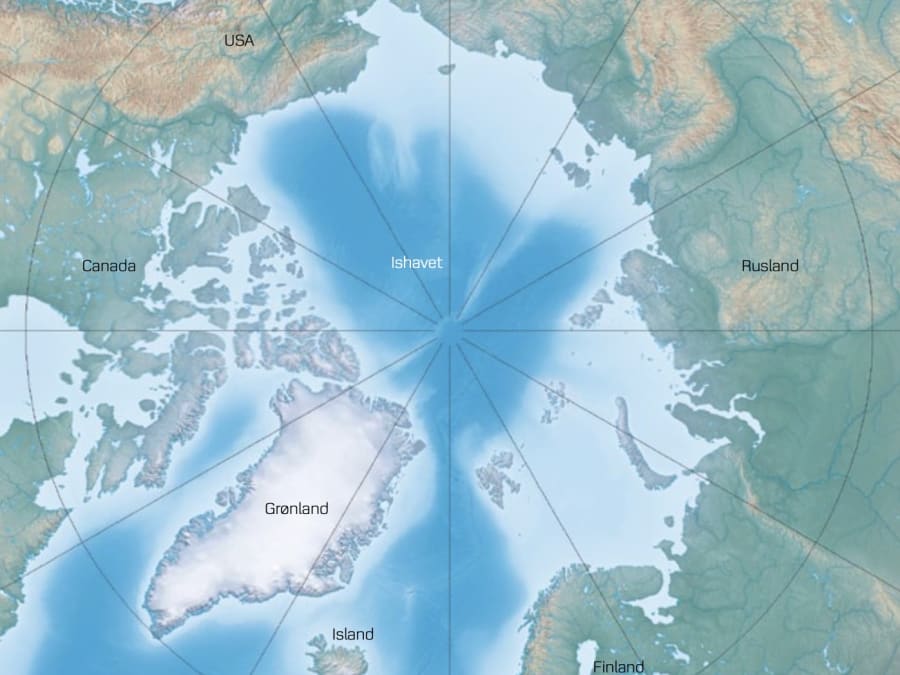No country has reached the global goals until everyone has. Therefore, the seventeenth goal is dedicated to set goals about the cross-sectoral collaborations and how to systematically implement the SDG 2030 agenda and thereby commit countries, businesses, individuals and institutions. Goal 17, in contrast to the other 16 global goals, is a process goal that focuses on how the countries of the world can jointly solve the challenges. As can be seen in the goal 16 sub-goals, part of the answer lies in strengthened partnerships between the public and private sectors, as well as in new technology and digitization.
Partnerships are crucial in the work of sustainable development. The Government of Greenland recognizes that we, as a nation, company or municipality, cannot create an environmentally, socially and economically sustainable society alone. Partnerships needs to be applied across public authorities, private individuals, NGOs and even between countries if we are to seriously address some of the challenges we face.
An important precondition for all this is that we become better at measuring how things are actually going in the individual countries, and not just when it comes to economic growth. By collecting more data of a better quality, we can better see if our efforts actually work, if enough children come to school, and if nature areas are effectively protected etc.
But it is not an easy task. It requires us to rethink and recognize the challenges that sometimes prevent us from working together. Society's sustainable efforts must be coordinated, disseminated, developed and monitored.
The Global Goals can only be met if we work together. International investments and support is needed to ensure innovative technological development, fair trade and market access, especially for developing countries. To build a better world, we need to be supportive, empathetic, inventive, passionate, and above all, cooperative.






















